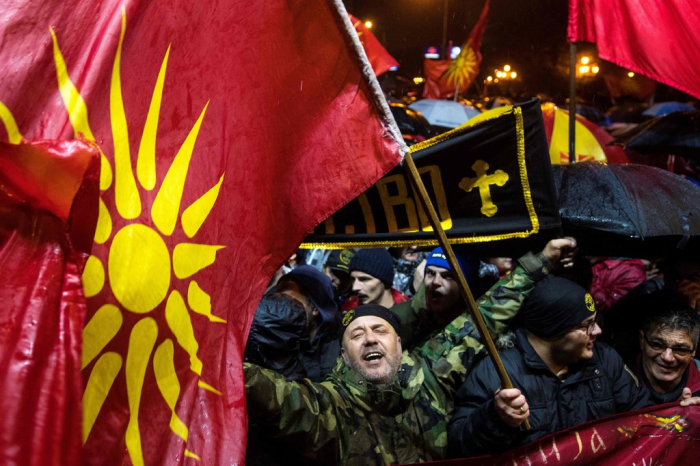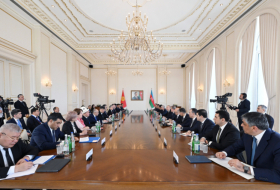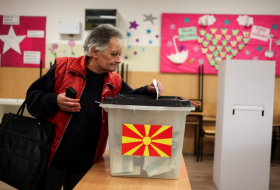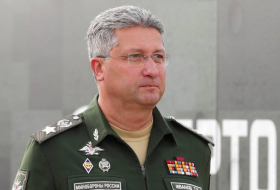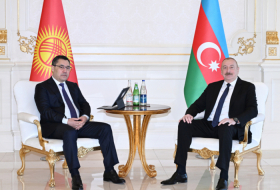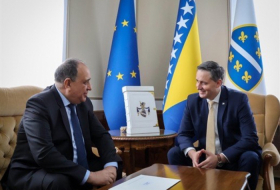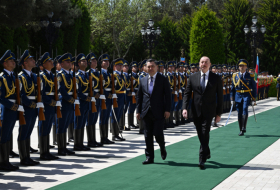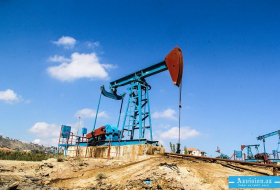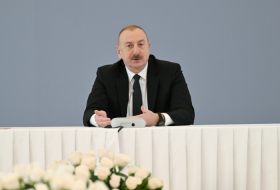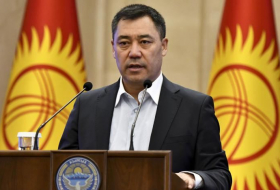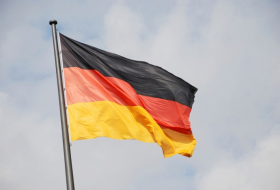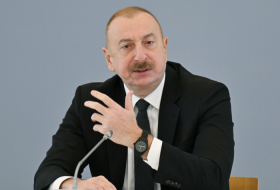On Wednesday, the small southeast European nation will be formally welcomed to join NATO. To enter the military alliance, the country, at the insistence of its neighbor Greece, agreed to change its name to the Republic of North Macedonia.
While the modification may seem minor, it followed years of confrontations between Macedonia and Greece, a NATO member that had used its veto power to keep its northern neighbor from joining the alliance. Greece, which has a northern territory also called Macedonia, saw the country’s use of the name as a historical affront.
The emotionally charged series of events, which included an inconclusive national referendum in Macedonia and months of protests in Greece, has left a trail of questions. Why is the name such a delicate issue? And why is NATO membership so appealing that a country would change its identity, at least formally, to get in?
What will Macedonia gain?
For most formerly socialist countries in Eastern Europe, joining NATO has signaled their entry into the club of Western, developed nations.
“Accession is good for countries like Macedonia,” said Jeremy Shapiro, research director at the European Council on Foreign Relations. “They get a security guarantee that helps them with long-term stability, and it affects the way other countries look at them.”
A bigger prize often follows. Membership in the military alliance has often gone hand-in-hand with entry into the political and economic alliance of the European Union. Under a process known as Euro-Atlantic integration, countries have undertaken extensive changes before joining both organizations.
“This really is a big moment,” said Stevo Pendarovski, a Macedonian official who is the coordinator of the country’s NATO accession efforts. “We have been waiting for 20 years; Macedonia has been a candidate since 1999.”
Nikola Dimitrov, Macedonia’s foreign minister, said NATO membership would place the country in “a zone of stability in a region that still has pockets of uncertainty.”
“Macedonia can be the precedent for how issues should be resolved in the rest of the Balkans,” Mr. Dimitrov said.
How did this all start?
The name hasn’t always been a major point of contention with Greece. While the dispute dates back at least to the first Balkan wars of the 1910s, it receded for most of the 20th century, when Macedonia was part of the socialist federation of Yugoslavia. Since it was an entity of another country, Greece made few objections to its use of the name at the time.
The difficulties flared when Yugoslavia disintegrated and Macedonia declared its independence in 1991, as well as its intention to join international organizations that included Greece.
Macedonia entered the United Nations in 1993 under a provisional name, the Former Yugoslav Republic of Macedonia, or Fyrom. While the name made the country’s provenance clear, it did not entirely resolve the issue, since Macedonia did not refer to itself internally as Fyrom. Greece accused it of appropriating Greek symbols and cultural identifiers, such as the Vergina Star — a similar image appears on the current Macedonian flag.
NATO made an overture to Macedonia in 2008, but Greece blocked the move. “It was a crushing defeat,” Mr. Pendarovski said. “Polls at the time suggested that about 85 percent of the population wanted to join, an extraordinary consensus.”
The prime minister at the time, Nikola Gruevski, from the conservative VMRO-DPMNE party, used the disappointment over the name issue as a means to shore up right-wing populist support. In the years that followed, reforms stagnated in Macedonia, a country of about two million people that is one of Europe’s poorest.
Mr. Gruevski’s government launched a massive infrastructure project, known as Skopje 2014, filling the capital with monuments to heroes such as Alexander the Great, meant to pacify those who felt they were being bullied out of their identity by Greece.
In 2016, the country was gripped by monthslong protests over a corruption scandal involving suspect pardons and favors for loyalists. Protesters swung paint at the various monuments and lavish new government offices built by Mr. Gruevski, in what came to be known as the Colorful Revolution.

Prime Minister Zoran Zaev of Macedonia, left, and his Greek counterpart, Alexis Tsipras, after signing a preliminary accord in June on changing Macedonia’s name.CreditSakis Mitrolidis/Agence France-Presse — Getty Images
What turned the tide?
Following a resounding electoral victory by an anti-Gruevski coalition in December 2016, its leading party, the center-left Social Democratic Union of Macedonia, promised to usher in a new era for Macedonian politics.
In June 2018, the Macedonian prime minister, Zoran Zaev, met with his Greek counterpart, Alexis Tsipras, on neutral territory, on the banks of the Prespa, a lake that is shared by the two countries. Under the so-called Prespa agreement, signed by the foreign ministers of the two countries, the specifics of the name change were laid out.
Macedonia held a referendum on the issue in September. While the name change was supported by a majority of those who voted, turnout did not reach the required level of 50 percent to make it valid.
The Macedonian Parliament then decided to take up the question, voting in support of the change last month. And, in a landmark decision two weeks ago, the Greek Parliament granted its approval — a vote that nearly toppled the Tsipras government.
On Wednesday, Macedonian officials will be in Brussels to witness the signing of the so-called NATO accession protocol. The protocol will be signed by all 29 members before being sent to the countries’ legislatures for approval, a process that could be finished by the end of the year. Greece is expected to be the first to sign the protocol, and at that point Macedonia will begin using the new name.
The agreement stipulates that Macedonia must change the plaques on government institutions and reword official documents — indeed, every single one that has ever contained the words “Republic of Macedonia.”
New York Times
More about: Macedonia








